Why is it that our telescopes can't find the "ninth planet"?
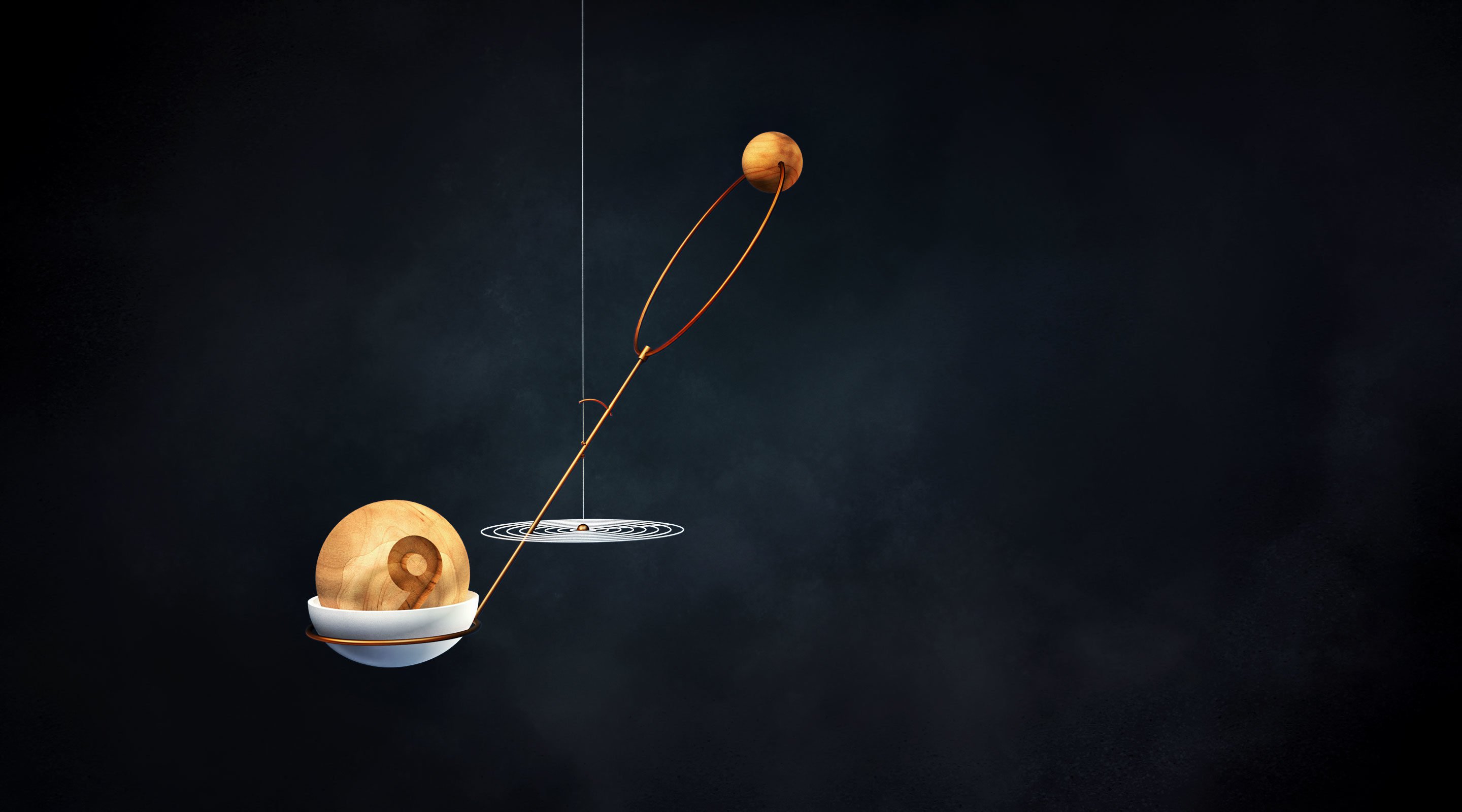 Source:
Source:
A History of astronomy has been a history of receding horizons. The invention of the telescope brought us beyond the ability the naked eye to the millions (and billions) of stars of our milky Way. Use pictures and multi-wavelength astronomy for telescopes has brought us beyond our own galaxy in the distant "island Universes" inhabiting all the space to which we can access. However, despite all that we know about the distant Universe, in our Solar system may be undiscovered worlds. How so?
the
Why can't we find a new planet in the Solar system
If scientists can use telescopes to hunt for planets, galaxies, extrasolar planets and other other why can't they just take and scan our Solar system in search of straying from the center of the "planet X" and other celestial bodies?
Is a keyword that you need to understand before we take up this question: the value. From the astronomical point of view, each inherent in the object brightness determined by the amount of emitted light. In the case of an object like our Sun, it refers to its own luminosity, because the Sun creates energy and emits it in all directions. In the case of objects like our moon, this is in terms of reflected light, because she has no self-luminosity.
If you look at the moon in the Crescent phase, you will be able to see the surface that is not illuminated by the Sun. It's not really a trick of the atmosphere of the moon (because she's practically nonexistent), and the so-called ashen light of the moon: sunlight reflected from the Earth falls on the moon.
The Difference in brightness between these two examples shows how big the difference between the reflected light and its own light.
But there is another detail which is emphasized by the differences in brightness between the sun and the Moon, and the Moon and everything else in the night sky. The moon has no right to be brighter than a star, planet or galaxy in the sky, based on their pathetic values. In fact, the Moon is the dimmest object visible to the naked eye from any point on Earth. And yet, it looks brighter everything except the Sun.
The Reason for this is that the Moon is very close, and the brightness is not the same as seeing or visible brightness.
The farther the object, the less bright it seems. However, this is not so much a General rule that applies, it is a quantitative relationship that allows us to determine how bright or dim it seems the object depending on the distance to it. Simply put, the brightness (b) falls as the reciprocal of the square of the distance or b ~ 1/r2.
Place the object twice as far and its brightness will fall four times. Place ten times farther and you'll die a hundred times. Place a thousand times on, the brightness will fall a million times.
For any object that emits its own light, these two factors determine the apparent brightness: the internal brightness and distance to the observer.
These two factors are arguably the most important to consider when determining the type of telescope that will be built. Want to see something more dull? You will need to collect more light and therefore will need a bigger telescope, or you will have to observe the same point in the sky longer.
If money and technology didn't matter, you would have to select a great telescope. Assemble the telescope twice, and you will not only collect four times more light, but double the resolution. To collect four times more light, watching longer, you need to spend four times more time and there is almost no increase in resolution.
The biggest telescopes that we have, able to view the objects with the highest resolution possible to determine their items in the shortest possible time.
There is also the consideration field of view. What is your goal? To see the dim object possible? Or see the maximum field of the Universe?
There will have to compromise. Your telescope can collect a certain amount of light, viewing a small area with high accuracy or a larger area with some precision. Just as the microscope can double the magnification, halve the diameter of the field of view, the telescope can look deeper in the Universe, narrowed his field of vision.
Various telescopes optimized for different purposes. But the compromise is very serious. If we want to look as deeply as possible, we have to choose a very small region of the sky.
This is kablovske extremely deep field. A tiny region of space visible at different wavelengths, a total of 23 days. The amount of information we fished, just striking: we found 5,500 galaxies in this tiny patch of sky. The dim objects in this piece literally 10 000 000 000 times weaker than what you can see in the naked eye.
Through the mirror of large diameter, the observations at different wavelengths, location in space, a large magnification and a small field of view, Hubble was able to detect the fainter galaxies, which only you can see. But this is the price: this image, which took 23 days, includes only 1/32 000 000 part of the sky.
On the other hand, you can see that. This picture was taken with a telescope, Pan-STARRS, which is every night loops through all the visible sky from his seat on the Ground. It is comparable in size to the space telescope Hubble, but optimizedfor shooting in a wide field, choosing a larger coverage of the sky instead of increasing.
As a result, it can detect objects located in almost any part of the sky; only the extreme South pole cut off due to the location of the telescope in the Northern hemisphere. Pan-STARRS captures 75% of the sky and perfectly captures changes between points of light. He can find comets, asteroids, Kuiper belt objects, and much more. But these objects must be thousands of times brighter than the dim one of those that finds the "Hubble".
As much As we want to, we can't just explore the outer Solar system with the necessary approach to find all that is in it. Deep, smartply overview of the entire sky that will likely never be possible due to technological restrictions; we can see a dim in the narrow range in bright or wide, but not both simultaneously.
There is also another limiting factor, which goes back to the beginning: these objects only reflect the light of the sun. If you look at the outer Solar system into two identical object, but one is two times further than the other, it will be sixteen times dimmer. This is due to the fact that eventually the sun will Shine on a distant object and that becomes brighter in the quarter, but then the reflected light must pass two more distance to our eyes, resulting in the overall apparent brightness decreases as b ~ 1 / r⁴. Even if the Oort cloud was the world size , we would not have found it.
We Have many telescopes that can see incredibly dim objects, but we need to know where to send them. We have a variety of telescopes, able to survey huge areas of sky, but they can only see bright objects, and not the weak. As for objects in our own Solar system because they reflect light, not emit its own which cannot be seen in any modern telescope, if they are beyond the distance specified.
It Turns out that despite all our knowledge about the Universe and our own planet, the outskirts of our Solar system can always remain for us a fount of surprises.
What is the telescope going to build? Tell us in our
Recommended
Can genes create the perfect diet for you?
Diet on genotype can be a way out for many, but it still has a lot of questions Don't know what to do to lose weight? DNA tests promise to help you with this. They will be able to develop the most individual diet, because for this they will use the m...
How many extraterrestrial civilizations can exist nearby?
If aliens exist, why don't we "hear" them? In the 12th episode of Cosmos, which aired on December 14, 1980, co-author and host Carl Sagan introduced viewers to the same equation of astronomer Frank Drake. Using it, he calculated the potential number ...
Why does the most poisonous plant in the world cause severe pain?
The pain caused to humans by the Gimpi-gympie plant can drive him crazy Many people consider Australia a very dangerous place full of poisonous creatures. And this is a perfectly correct idea, because this continent literally wants to kill everyone w...
Related News
Editing tool CRISPR genes will help to find new antibiotics
researchers from the University of Wisconsin-Madison and their colleagues from the University of California in San Francisco applied the tool to edit the genes to study which genes affect specific antibiotics. They plan to better ...
During the eruption of the black hole seemed kinda "light echo"
We tend to think that black holes consume all the matter around you — but in fact they are not only , but also can throw out almost as much as they get. Sometimes they seem absolutely crazy. Not long ago, astronomers noticed a bla...
What's the worst pain and suffering?
Some say that life is pain. But they are optimists. In fact, life is not pain, that pain, plural: teeth pain, lower back pain, the pain of parting, the pain of loss, the pain of dissonance, stomach pain and sore throat, pain fatig...
Scientists may for the first time saw the birth of a black hole
the Astronomers could for the first time witness the transformation of a star into a black hole or a neutron star, according to the portal Space.com. The signal is very powerful emission of radiation, jokingly nicknamed by the sci...
The opinion of a venture capitalist: the AI will replace 40% of the world's workers for 15 years
According to one of the leading experts in the field of artificial intelligence, after 15 years, 40% of the work in the world will be performed by the machines. Kai-Fu Lee, a pioneer in the field of artificial intelligence and Chi...
Scientists: Use black holes for space travel, but only with caution
One of the most interesting themes in modern science fiction is the concept of using black holes as portals to another universe, time or dimension. Many astrophysicists claim that in these terms is simply impossible. However, a gr...
#CES | IBM introduced its first quantum computer mass production
IBM introduced its first commercial quantum computer for use outside the laboratory. 20-Cubana the system combines in one box the quantum and classical computing components needed to use these machines for research and business ap...
In the future you will walk to the store for food, and the food from the store to you
Know what the problem is with the view of the future of food? That almost all forecasts are incorrect. Where, for example, all these cows the size of dogs that need to graze in my backyard? Where the food is in pill form? Despite ...
A new mechanism of activation of the immune system to fight cancer
Our immune system is designed in an interesting way. On the one hand, it can overcome almost any infectious agent. On the other hand, the immune system very often does not "see" any immediate danger. Something like this happens wi...
Management of large telescopes want to charge small satellites
Not so long ago in resignation was sent to the space telescope "Kepler", which scientists have confirmed the existence of thousands of exoplanets. His successor, TESS goes to work instead of "Kepler" and is going to find more cele...
We now have movable lunar Rover on the dark side of the moon
4 Jan Chinese Rover "Jade rabbit-2" touched the soft, furry surface of the moon, after slowly slid on the track from the platform of the lander "Chang'e-4". The lunar Rover was deployed in about 10 hours after landing of the space...
Roundworms helped to open a new mechanism for the renewal of youth
Aging can be viewed as a natural process or as a logical development of an organism during its life cycle. However, mankind throughout its history tried to find the "medicine of eternal youth" or at least, as much as possible (as ...
What is the "dark side of the moon"? It is really dark?
in short, "the dark side of the moon" is an invalid name error. Even though it sounds cool. But this is a mistake. If we assume that people are not talking about one of the albums of Pink Floyd, "dark side of the moon" refers to i...
AI will create millions of times more jobs than it will destroy
Over the past few years artificial intelligence has developed so quickly that now not a month goes by without a decent lighting breakthrough in the field of AI. In a variety of areas such as speech translation, medical diagnosis a...
Solar energy is produced directly from space. Is this even possible?
More than seventy years ago, in 1941, Isaac Asimov wrote a story in which the sun's energy passed through the microwave rays to a neighbouring planet with space station. Years passed, and today scientists are trying to turn this s...
How nanomaterials will help in the fight against tumors?
Recent studies in the field of cancer treatment indicate that anticancer therapy is much more effective in the case where the death of cancer cells is not caused by the action of a drug, and occurs due to the so-called immunogenic...
The fight against air pollution in China has any dangerous side effect
Thousands of factories around the world every day pollute the air of the planet with harmful substances, which reduce the duration of life of the people. It is believed that this problem is particularly relevant in China — which i...
Found a way to turn thoughts into oral speech. To say this is not necessarily
Paralysis — quite a scary condition in which part if I may say so, "physiological" functions of the person becomes uncontrollable despite the fact that at the level of the Central nervous system may be in order. The treatmen...
Scientists drilled a wide hole to explore "lost" Antarctic lake
At the beginning of December it became known about the new mission team SALSA, which studies isolated lakes hidden beneath the ice of Antarctica. Scientists were determined , leading to a previously unexplored lake Mercer, discove...
Why do scientists put live fish in tube c augmented reality?
Virtual and augmented reality — is not only a good interactive tool for creating entertaining content, but also a way to do some research, which was not possible previously. For example, recently, scientists from the Technol...



















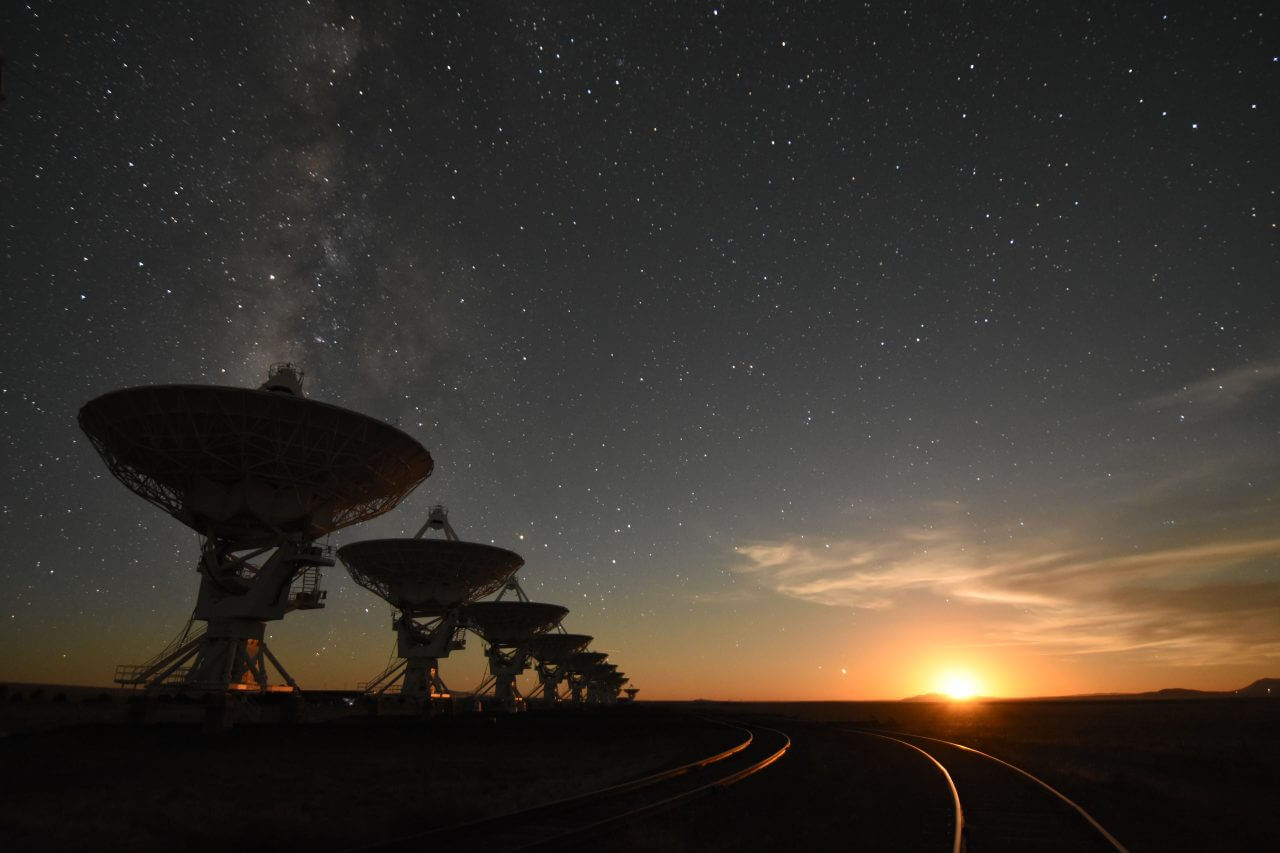

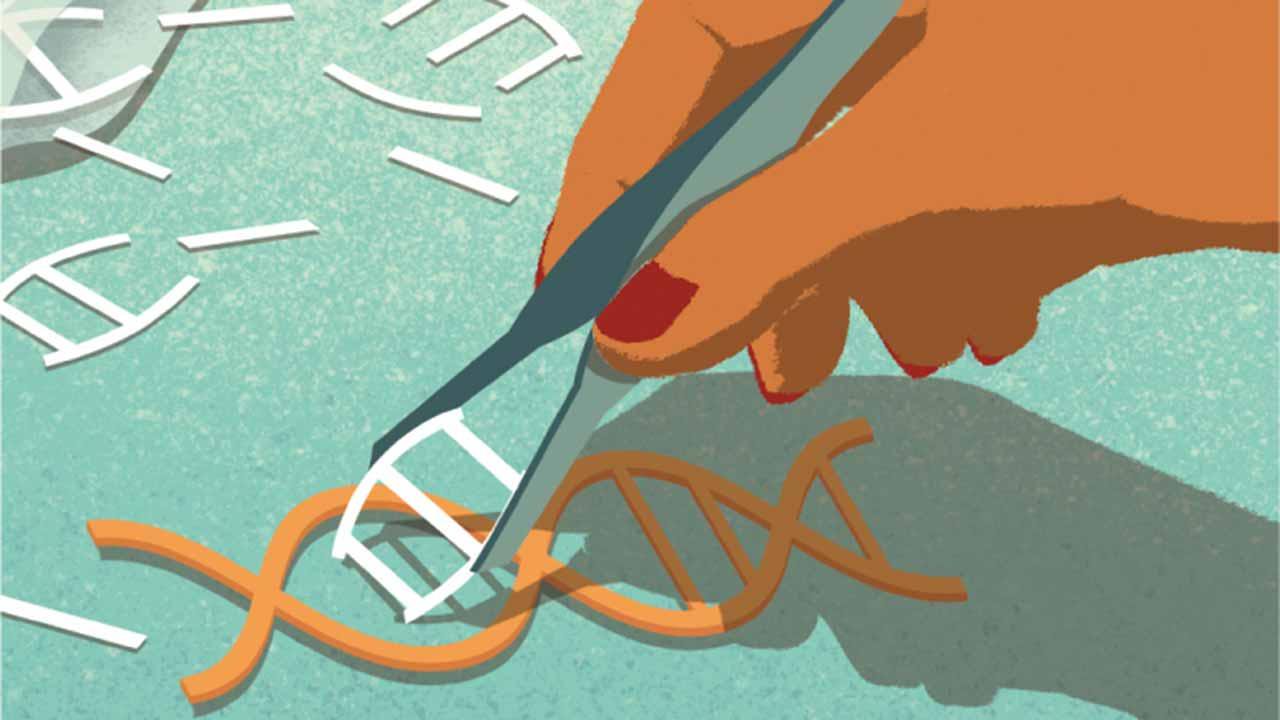
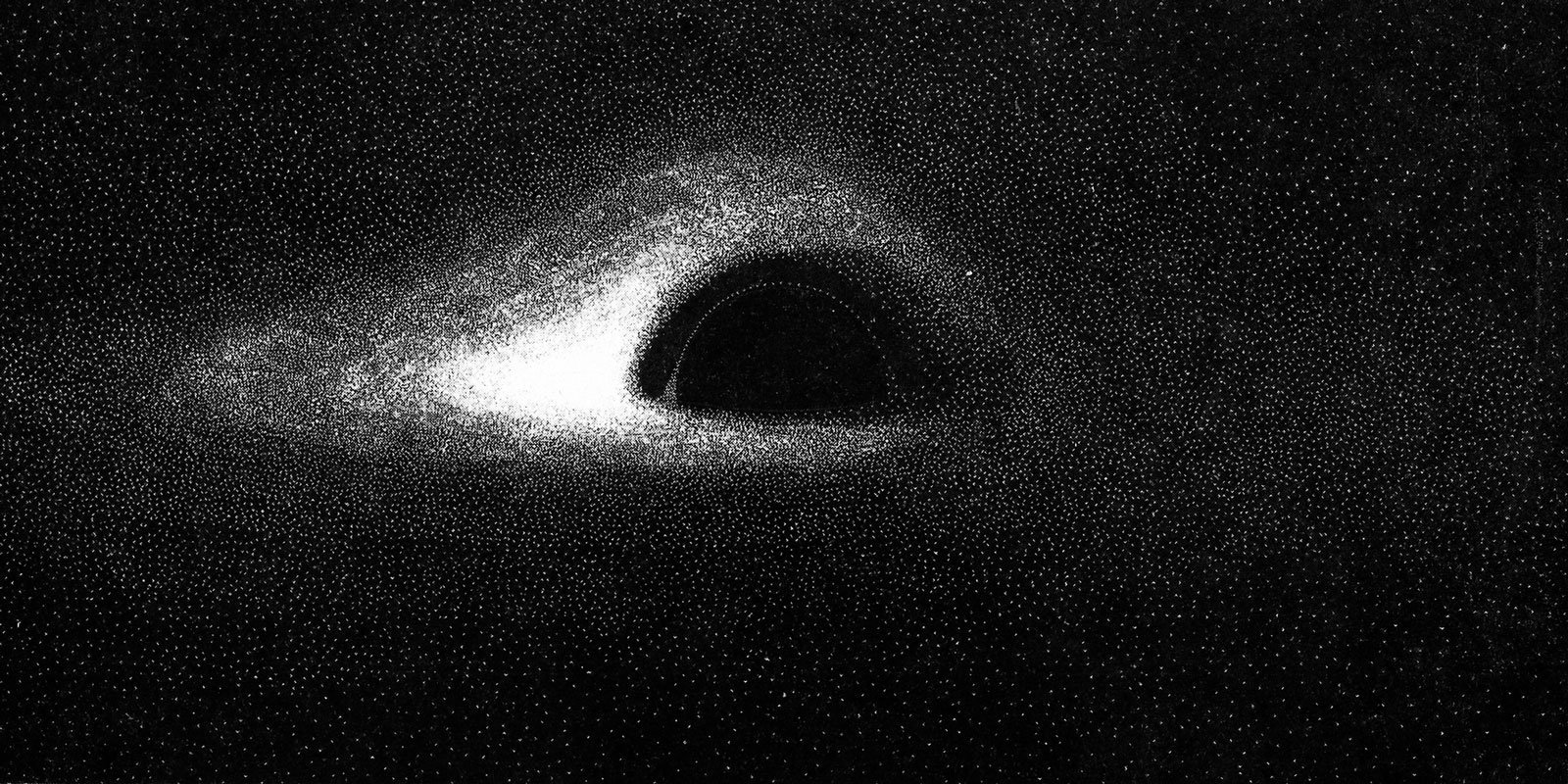

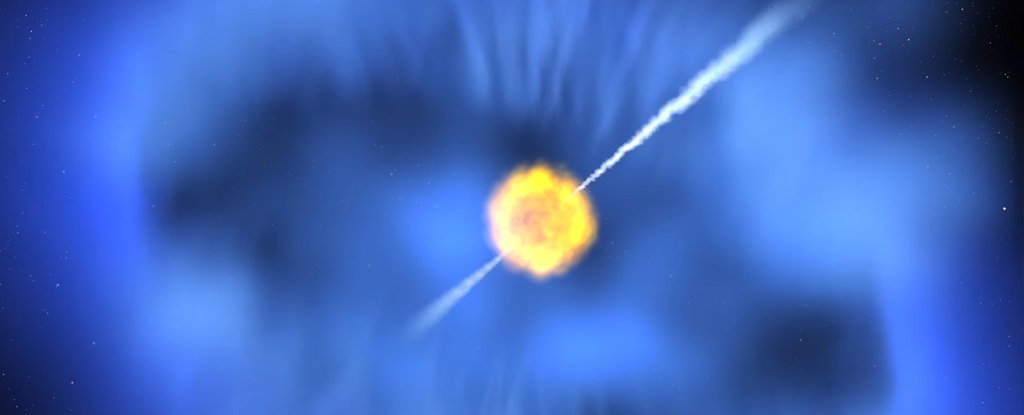

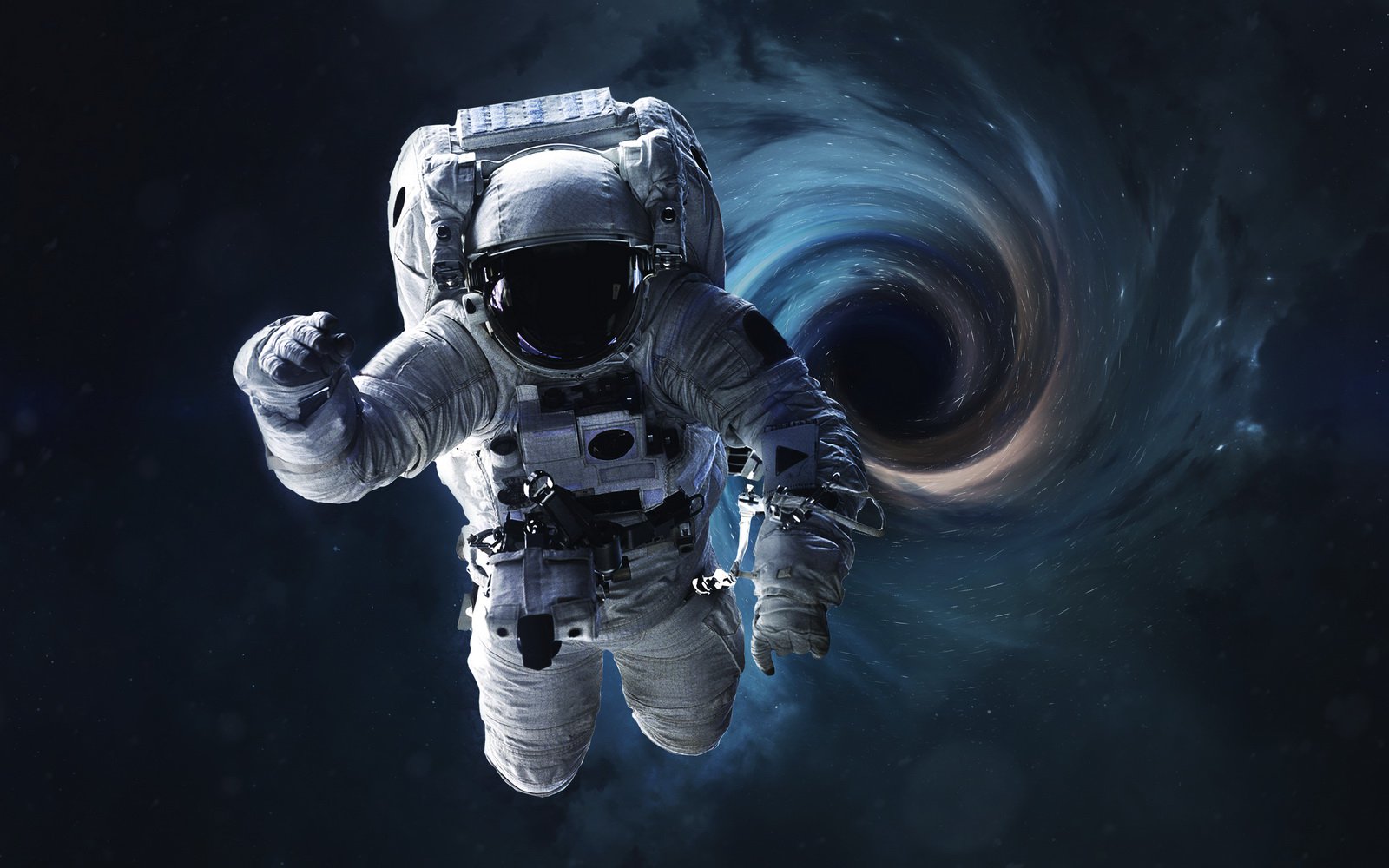
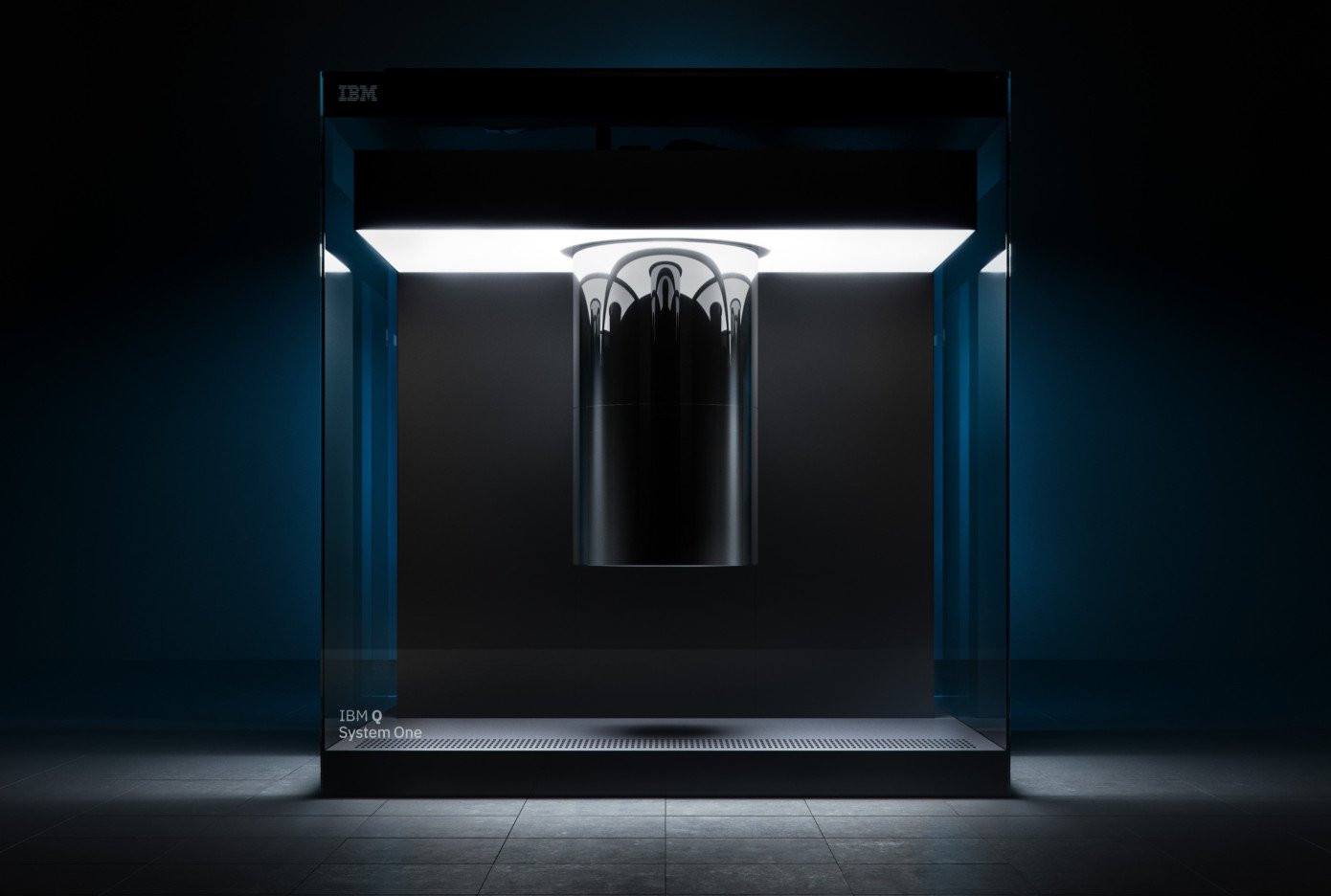

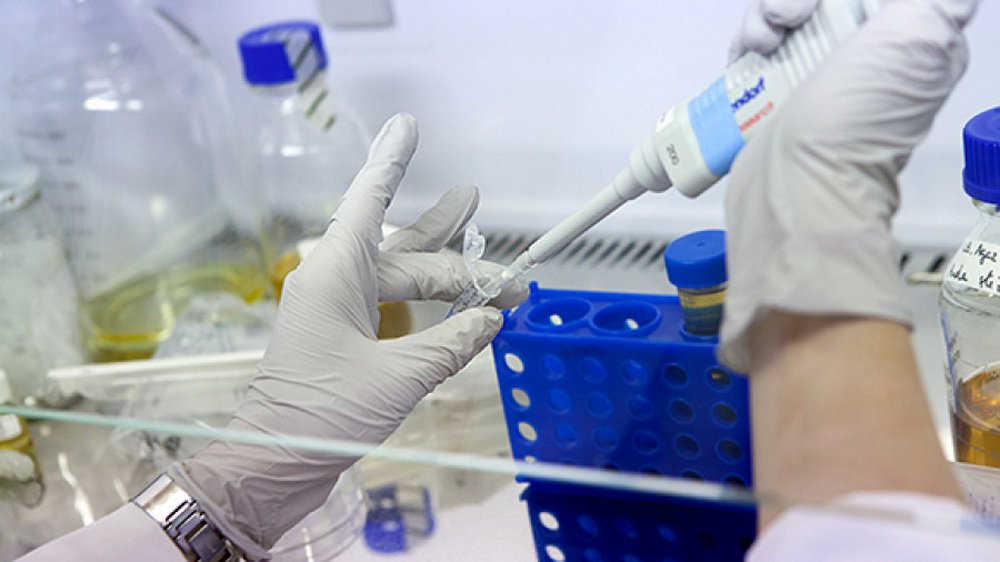

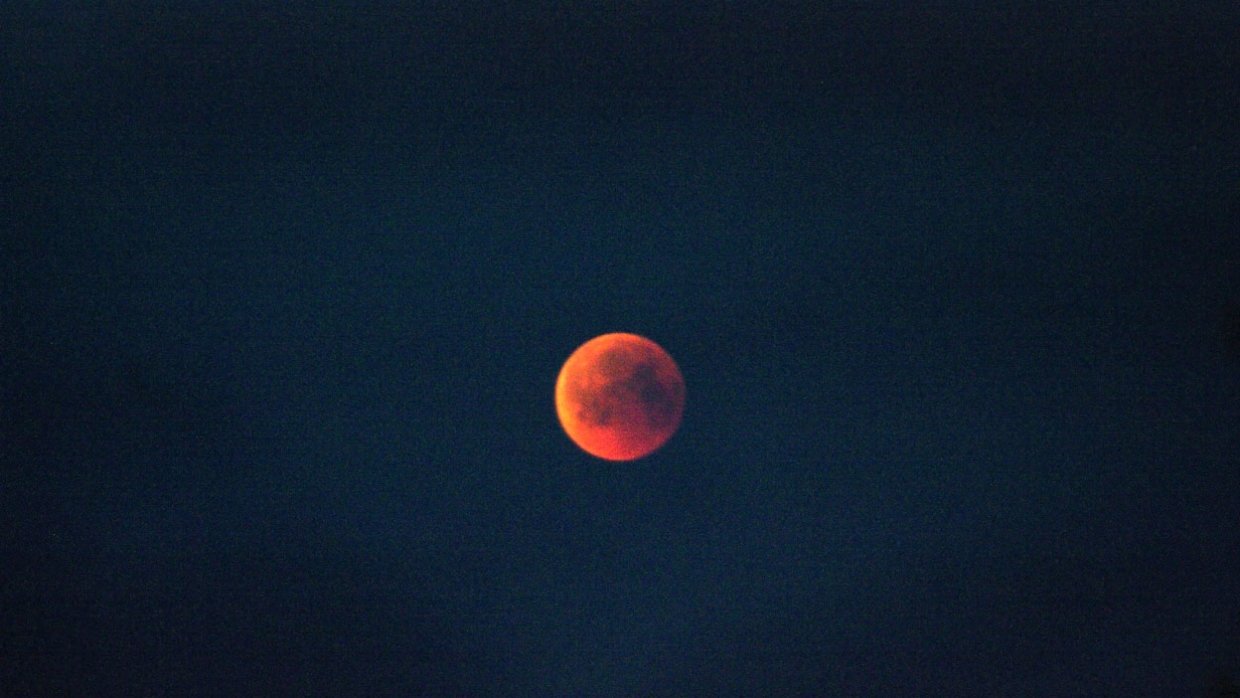
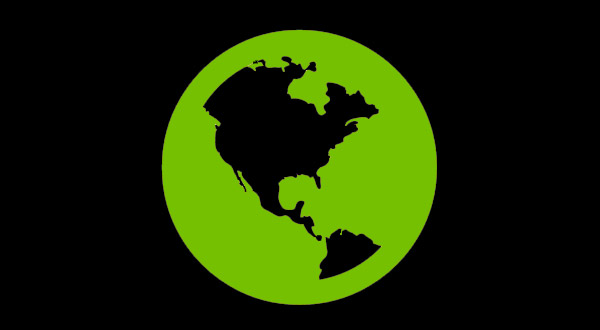
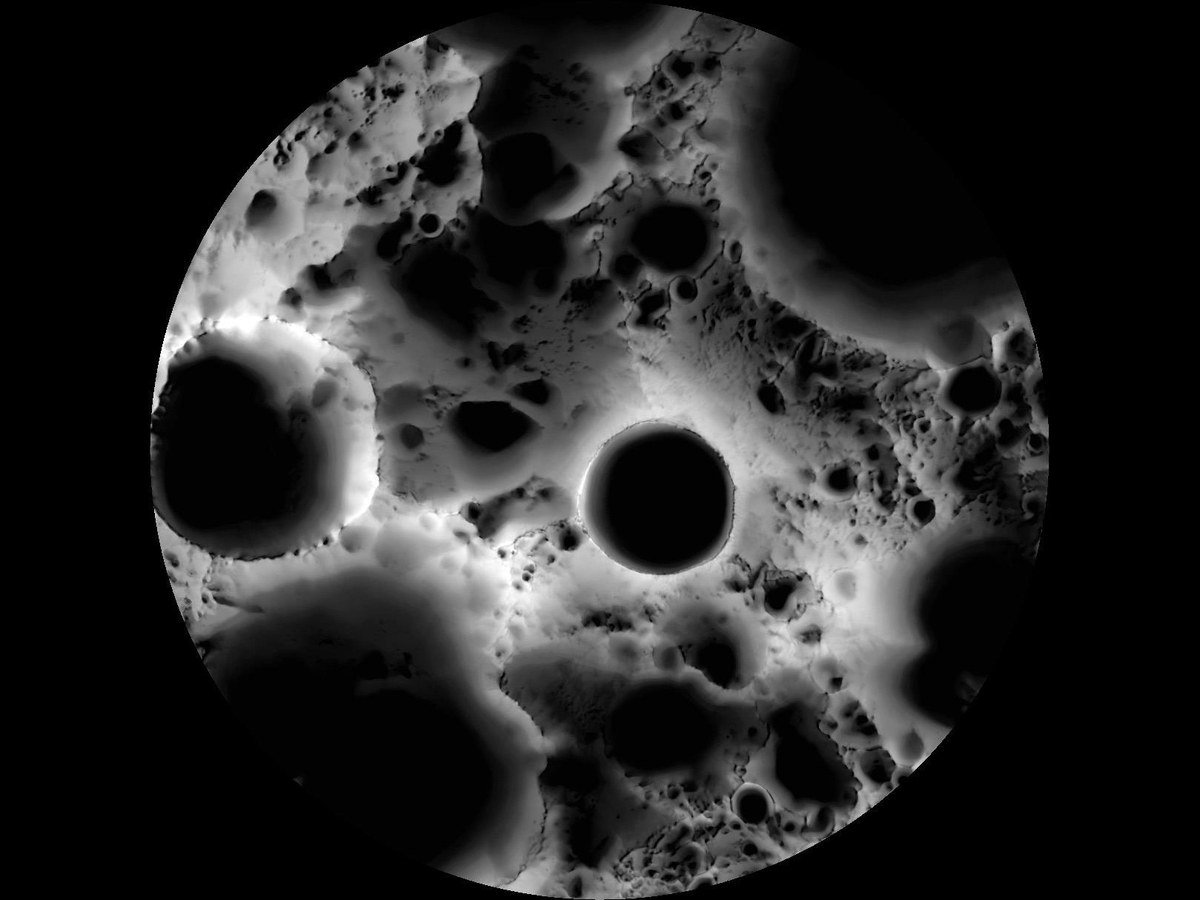
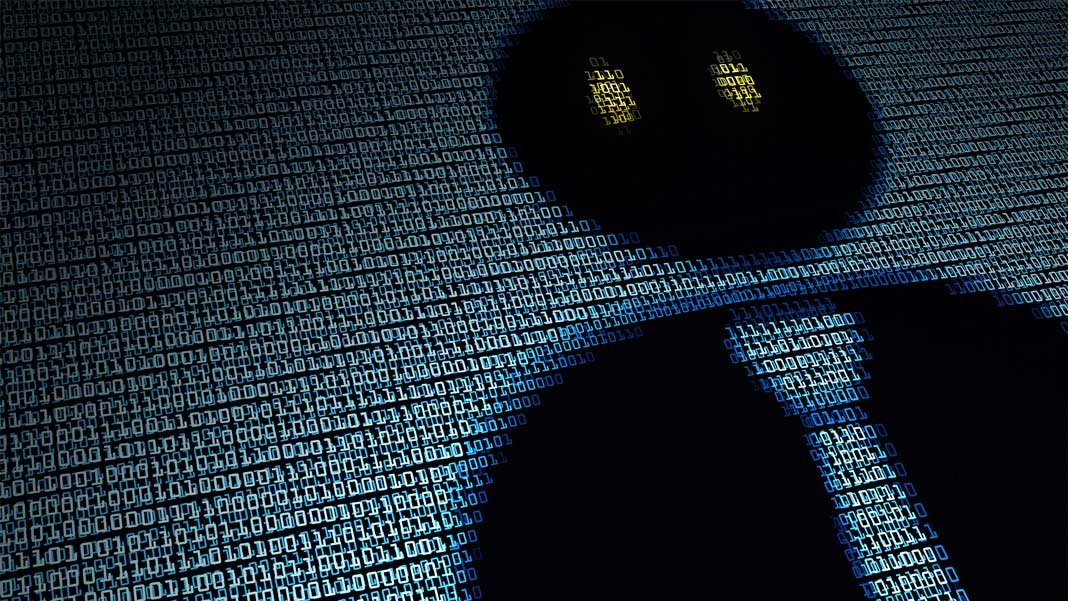
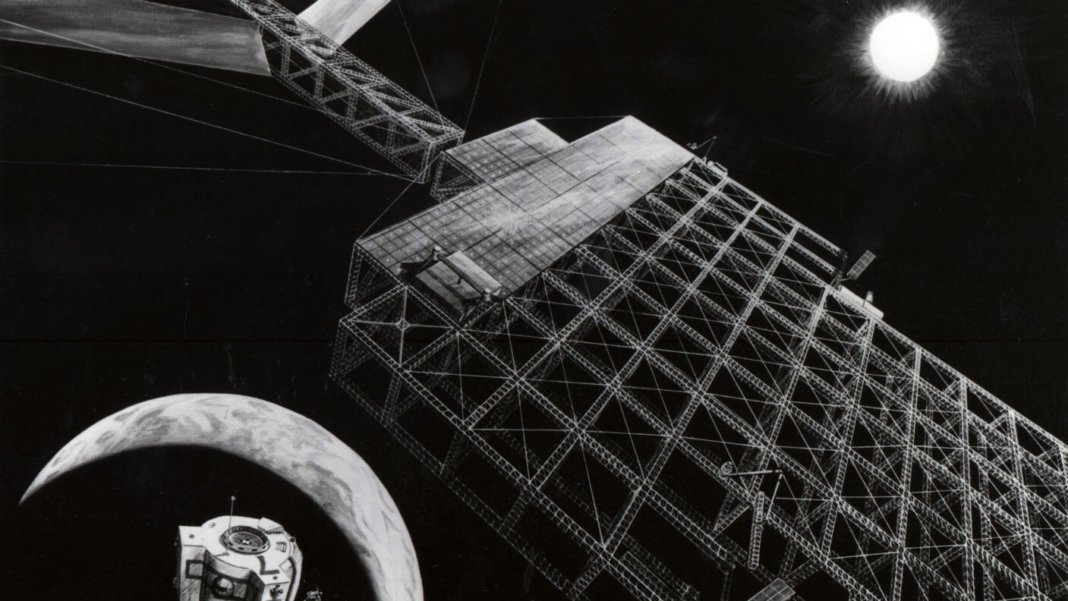



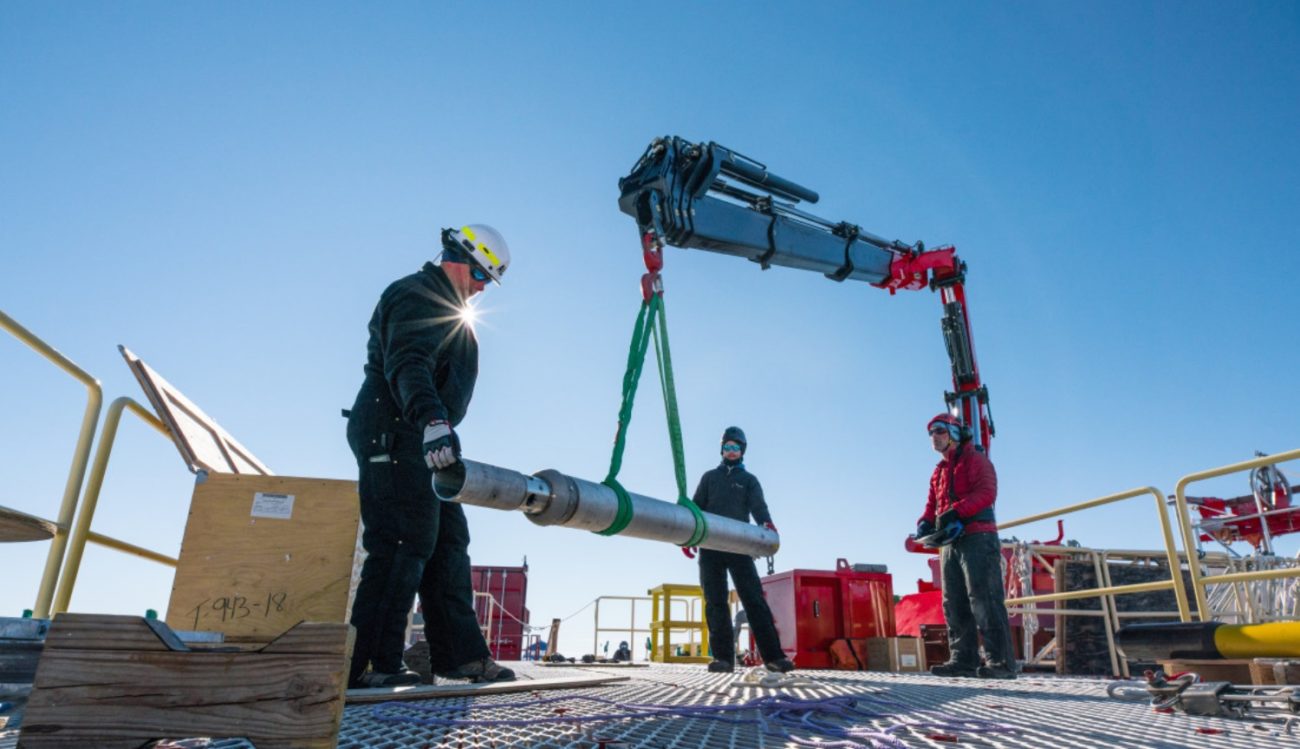

Comments (0)
This article has no comment, be the first!